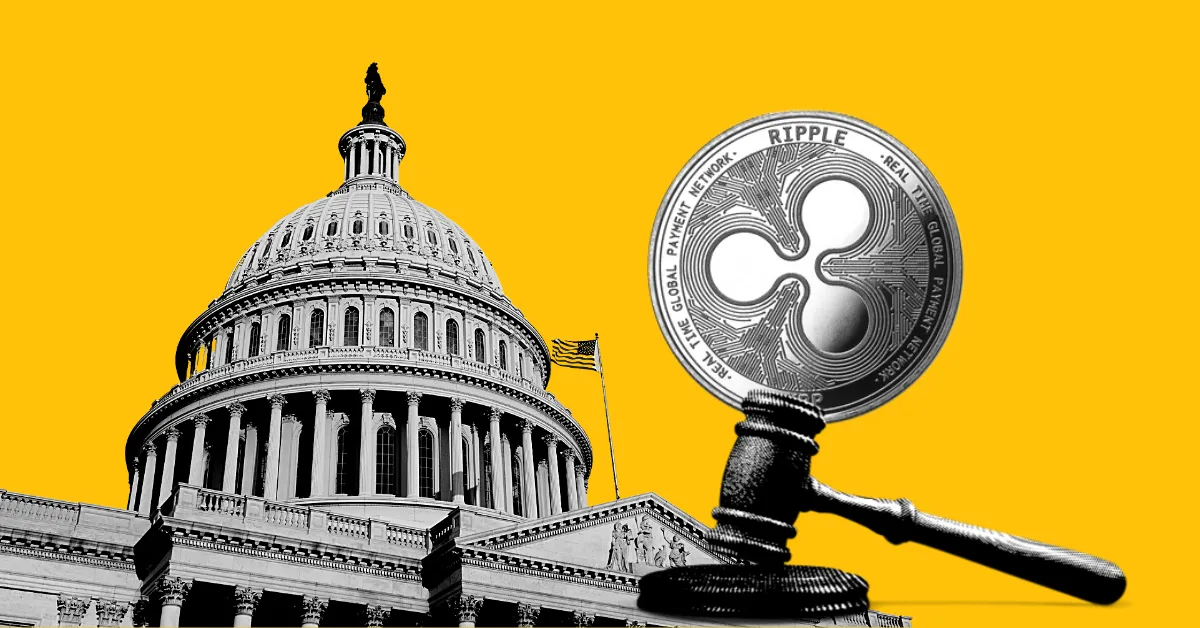In a significant turn of events, Judge Analisa Torres from the U.S. District Court for the Southern District of New York has issued noteworthy ruling in the ongoing legal tussle between Ripple and the Securities and Exchange Commission (SEC). This ruling not only favors Ripple but also casts doubts on the SEC’s strict stance on the cryptocurrency industry, sparking discussions about the need for regulatory changes.
Outdated Regulations Raise Concerns
The SEC has adopted an aggressive approach toward digital assets, hinging on their interpretation of securities laws dating back to the 1930s. Their aim is to classify most cryptocurrencies as securities, primarily relying on the Howey test, which originated from a Supreme Court decision in 1946. However, this perspective fails to acknowledge the distinctive characteristics and purposes of modern cryptocurrencies.
Judge Torres’ recent ruling marks a significant shift in cryptocurrency regulation. It highlights the importance of individually assessing each token’s classification as a security, taking into account its unique circumstances, rather than applying a one-size-fits-all approach.
Of particular significance is footnote 16 in the judge’s ruling, emphasizing the need to avoid automatically categorizing all secondary market crypto token trades as securities.
Read More: SEC Delays Bitcoin Spot ETFs to October 17, 2023, as Predicted by Insiders
Call for Regulatory Reform
Recent landmark court decisions have sparked discussions regarding the necessity of regulatory reforms in the cryptocurrency domain. These conversations underscore the importance of updating regulations to align with the dynamic and evolving crypto landscape. Rather than hindering progress, adopting a more adaptable approach could foster industry growth and encourage innovation.
The SEC is at a Crossroads
The Securities and Exchange Commission (SEC) now stands at a pivotal juncture as it contemplates whether to appeal the recent decision. This presents a crucial opportunity for the agency to address any lingering concerns about Ripple and reevaluate its approach to cases involving cryptocurrency exchanges and unregistered securities. Such actions could create a favorable environment for significant crypto reform.
Related: Why Is the SEC Going After Crypto So Aggressively? Paul Grewal Weighs In
The role and approach of the SEC in the ongoing discussions about cryptocurrency regulation are of paramount importance.
Credit: Source link















































